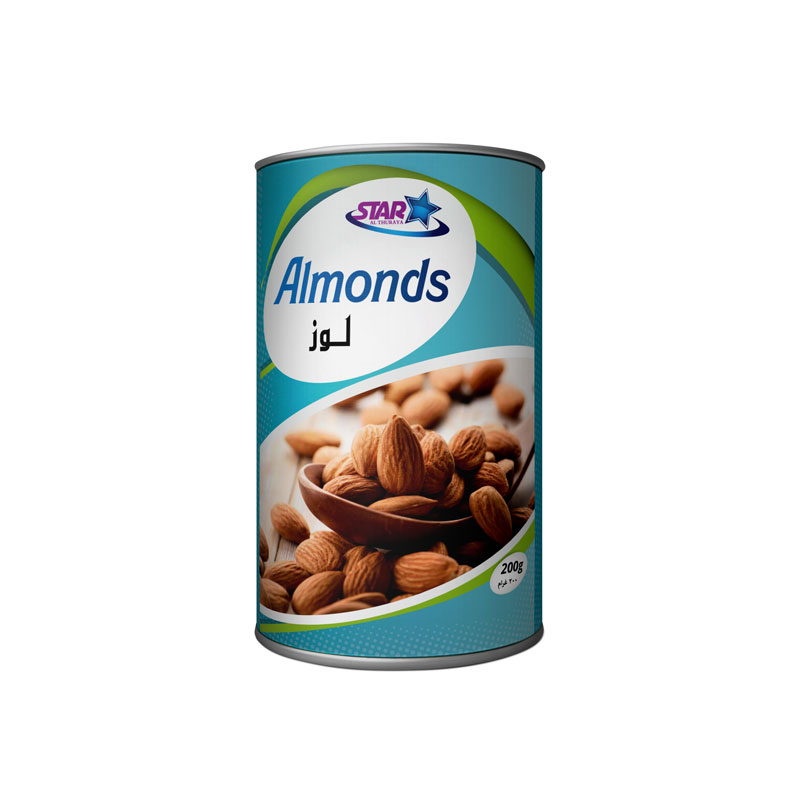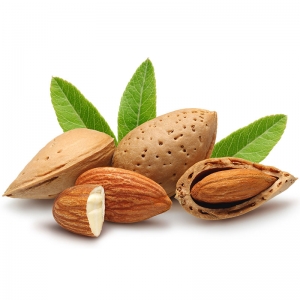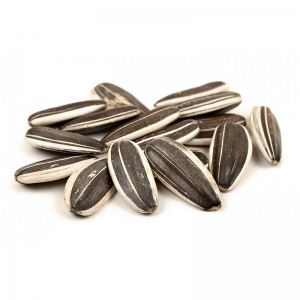Almonds
AED 5.00 – AED 10.00
Available for retail and wholesale in bulk packaging, carton packaging, 100g packets, 200g packets, 100g canister, 200g canister and other packaging types according to customer needs.
Description
Almonds have been prized since ancient times and are believed to be the oldest widely grown of all nut crops. Today, almonds are still one of humankind’s most beloved and healthies nuts. Almonds nutrition benefits are appreciated across the globe, where they’re used in numerous ways: eaten raw as a healthy snack, as the base ingredient in almond butter and almond flour, blended into almond milk, and made into many types of body lotions, oils and fragrances.
What are the benefits of eating almonds? Cholesterol reduction is probably the most celebrated health benefit of almonds, one that’s been demonstrated in studies time and time again. There are many other reasons to eat almonds regularly as well. For example, almonds are low in saturated fatty acids, rich in unsaturated fatty acids, and contain filling fiber, unique and protective phytosterol antioxidants, as well as plant-based protein.
Sure, there may be a decent amount of calories in almonds nutrition, but you shouldn’t fear these calories nor almond nutrition’s fat content. Studies suggest almonds are actually beneficial when it comes to losing weight, despite their higher calorie content. One study even found that almonds consumed as snacks reduce hunger and desire to eat later in the day, and when dieters eat almonds daily, they reduce their overall calorie intake. That’s not all.
Almonds Nutrition Facts
Botanically, almonds (scientifically termed Prunus dulcis) are actually very small stone fruits in the Amygdalus family. They are related to other fruits that contain hard pits, including “stone fruits” like cherries, plums and peaches. Almonds are a type of drupe nut, which means along with other nuts like macadamias, pecans and walnuts, they have multiple layers that enclose a single, hard seed in the center.
Because almonds are dry drupes, they first must be extracted (which is called “shelling”) before being sold and eaten. This is why you might see the description “shelled almonds” when you purchase ready-to-eat almonds.
In the medical world, almonds nutrition is most praised due to the presence of monounsaturated fatty acids, dietary fiber and antioxidants. Almonds also contain vitamins, like vitamin E and riboflavin, and trace minerals, such as calcium and magnesium.
Although almonds are high in calories and considered “energy-dense” (as all nuts are), they provide a whole range of critical nutrients and chemical compounds that people often lack in the standard American diet (sometimes called “SAD”). For those on a low-carb diet, they’ll be happy to know that there are a not many carbs in almonds overall, making them appropriate for something like the keto diet.
According to research on almonds nutrition data published by the United States Department of Agriculture, one ounce (approximately 28 grams) of almonds nutrition provides about:
- 161 calories
- 6.1 grams carbohydrates
- 5.9 grams protein
- 13.8 grams fat
- 3.4 grams fiber
- 7.3 milligrams vitamin E (37 percent DV)
- 0.6 milligram manganese (32 percent DV)
- 57 milligrams magnesium (19 percent DV)
- 0.3 milligram riboflavin (17 percent DV)
- 136 milligrams phosphorus (14 percent DV)
- 0.3 milligram copper (14 percent DV)
- 73.9 milligrams calcium (7 percent DV)
- 1 milligram iron (6 percent DV)
- 197 milligrams potassium (6 percent DV)
- 0.9 milligram zinc (6 percent DV)
- 0.9 milligram niacin (5 percent DV)
Additional information
| Packing |
|---|










Reviews
There are no reviews yet.